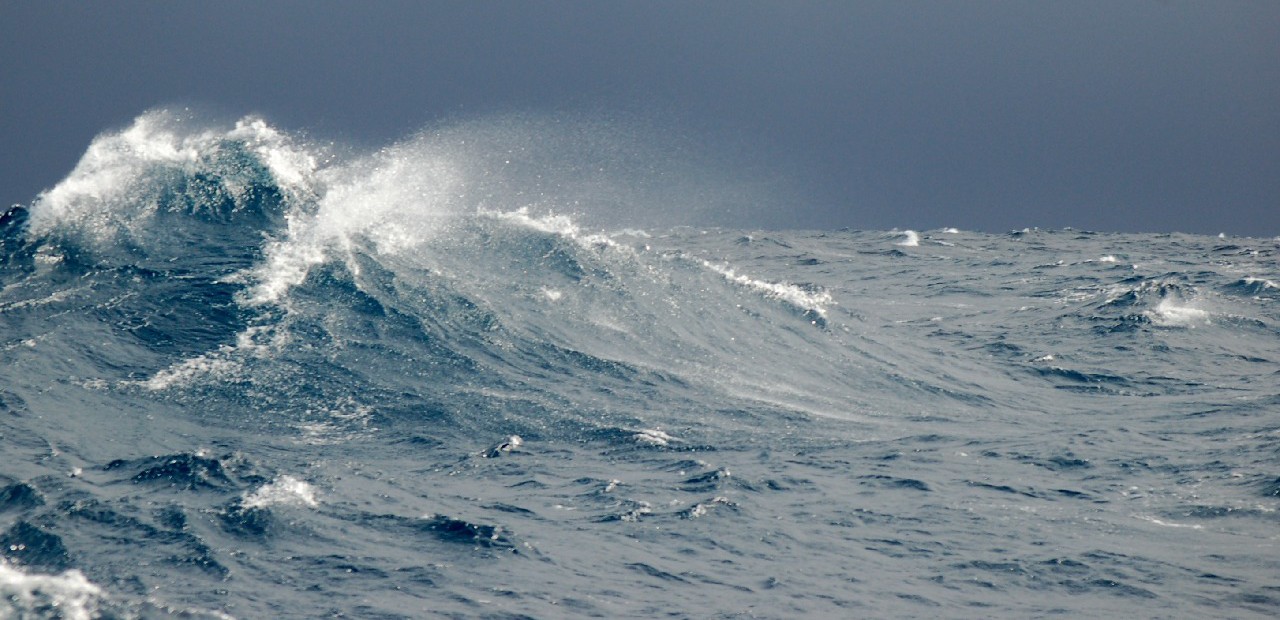Past behaviour of polar oceans and their role as drivers of future climate change

Palaeoceanographers, palaeoclimatologists and geochemists have become increasingly aware that processes occurring in the Southern Ocean play a major role in the Earth’s climate system. The importance of the Southern Ocean stems from its circumpolar location and its role in the formation and modification of deep and bottom waters.
Comprising the southern-most basins of the Atlantic, Indian and Pacific Ocean, the Southern Ocean provides the principal connection between the oceans and is therefore central to global ocean circulation. Northern and southern sourced waters are transported through the Southern Ocean via the Antarctic Circumpolar Current (ACC). Driven by the intense southern westerly winds (SWW) of the mid-to-high latitudes, the ACC not only provides unique connectivity between the ocean basins but also brings strong atmospheric links.
The Southern Ocean’s circumpolar location also supports the largest seasonal change on earth – the expansion/retreat of seasonal sea-ice. In contrast to the Arctic, Antarctic sea-ice expansion is uninhibited by landmasses and each winter grows to double the continental area of Antarctica. This sea-ice migration is an important component of climate, initiating powerful feedbacks associated with surface albedo (the amount of solar energy reflected), ocean-atmosphere gas-energy exchange and biogeochemical processes. The respective addition of salty and fresh water during sea ice formation and melting also contribute important characteristics to Antarctic water masses and create niche environments that comprise an important feature of the Antarctic marine ecosystem.
We use and develop fossil and geochemical proxies to reconstruct ocean conditions on a range of timescales to assess how the Southern Ocean reacts to and impacts regional and global climate.
Depositional patterns and records in sediment drifts off the Antarctic Peninsula and West Antarctica
The biggest uncertainty in predictions of sea-level rise is what the contribution will be from the great ice sheets on Antarctica and Greenland as climate warms. The West Antarctic Ice …The role of the Southern Ocean in regulating atmospheric CO2 on glacial-interglacial timescales
The cause of the variability in atmospheric CO2 over glacial-interglacial timescales has been a puzzle since its discovery in the early 1980s. It is widely believed to be related to …Projects
contact: Claire Allen
contact: Rob Larter
contact: Jenny Roberts
contact: Tom Williams


